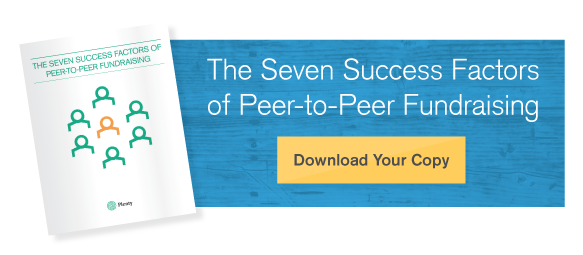Last night at dinner with some friends who are clients – or clients who are friends –the conversation at one end of the table turned to the concept of having a “Plan A” and a “Plan B.” We were speaking in general and theoretical terms. We talked briefly about the importance of having a back-up plan for critical aspects of a program, and then talked about the point in the process when we make the call, shift gears, and have to rally the team around putting “Plan B” into action.
When that happens, almost inevitably, someone on the team will find a way to squawk about the fact that “Plan B is harder than Plan A.”
The whole table was suddenly silent just as Marisa said “Well yeah! Plan B is harder than Plan A. That’s why it’s Plan B.”
We all busted up laughing, because – of course! It’s really simple. Plan B is never the first choice. It’s not the way we thought things would go. It probably isn’t the best, most efficient, most effective, most stylish, most budget friendly, most fun way to go about it. If it was, it would probably be Plan A.
It’s not ideal. That’s why it’s Plan B.
The great thing about Plan B, though, is that it lets us demonstrate our flexibility and resilience. It shoves us into new leadership positions. It gives us the stone upon which to sharpen our critical thinking and problem solving skills. I love it when things go according to plan as much as the next girl, but Plan B provides a forum in which people can prove their true mettle. Often times successfully executing Plan B can bond a team and provide a sense of victory beyond which would have been possible if everything had gone according to the rose-colored Plan A.
If you haven’t been there, you’re missing out.
One of my favorite questions to ask during an interview is “can you tell me about a time when, despite the best laid plans, and the most meticulous attention to every detail, something went sideways?” While I’ve heard some fantastic stories, what I’m really listening for is the story of how they recovered. What did they do to get things back on track? How did they respond when Plan A was no longer an option?
The next time Plan A evaporates and you’re staring down Plan B, try going at it with a sense of adventure. Sure it’s harder, but maybe – just maybe – you’ll come out a bit sharper for it.
Need help adapting to changes in your organization's plan? Download our free e-book "The Seven Success Factors" for more strategies!

No Comments Yet
Let us know what you think